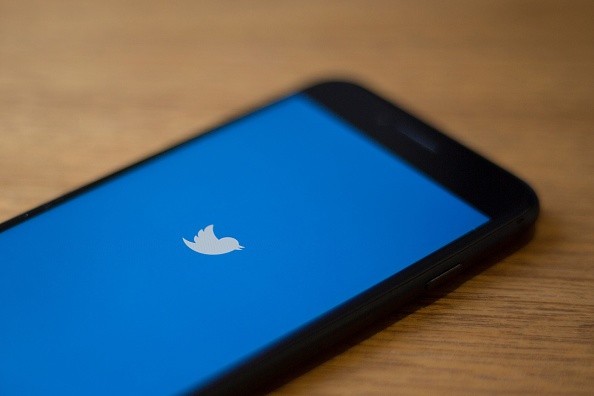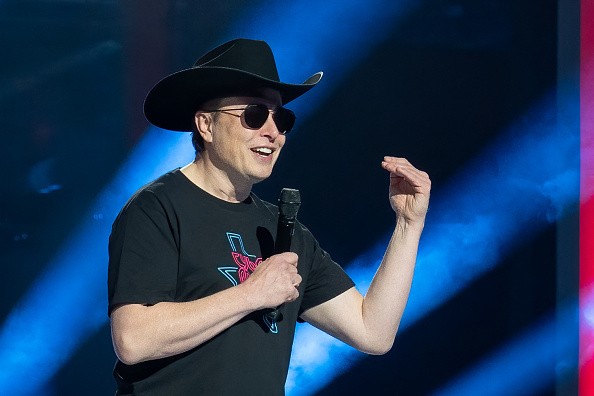When polarizing multi-billionaire Elon Musk bought Twitter for $44 billion, he mentioned that taking the company private was one of his big plans for it. Now, he's walking back on that decision a little bit.

Business Insider reports that the Tesla CEO has now told investors that he plans to take the company public again in as little as three years. This statement was made to several private-equity investors during the process of raising funds for the Twitter buyout, which won't be completed until October of this year.
These private-equity investors differ from "traditional" investors. What these people do is take companies with major problems private, turn them around from the inside, and then take them public again when things start to go well.
Now, some people might think that Twitter, being the social media giant it is, isn't under financial duress. Well, it actually is. As per another report by Insider, the company's cash reserves are allegedly tight after losing $221 million last year. Now, the ball is in Musk's park to try to make the platform more profitable for the future, before its apparent return to public markets.
There are, however, no apparent plans revealed by the SpaceX CEO to these investors. But despite this, the investors weren't too deterred due to Elon Musk's several other valuable assets. Furthermore, an analysis by the private bank Julius Baer also says that taking Twitter public within three years could be too ambitious, as private-equity investors only invest in companies for 3-5 years at a time.
There's also the fact that Musk himself admitted he's not too good with deadlines. This has been evident in how Tesla has missed production targets over the years, causing multiple delays in the shipping of their highly anticipated releases like the Tesla Model X.
For now, the $44 billion deal to acquire the social media platform is still the multi-billionaire's biggest headline-grabbing decision to date. He made his desire to acquire the company apparent after repeatedly criticizing it in the past, with allegations that the platform doesn't allow free speech, among other things.

Read Also : Left or Right? Elon Musk Creates a Chart Showing his 'Side,' Aims to Make Twitter Politically Neutral
Why Did Elon Musk Want To Take Twitter Private In The First Place?
So many people were asking why Elon Musk wanted to take Twitter private after buying it. There are several reasons for this, with a few of the bigger ones as follows.
According to Fortune, taking a former public company private allows for better freedom to make change. If you've been following the tech industry in some form for a while now, you should know that Musk is very, very fond of Twitter as a social media platform.
He has mentioned that the company has "extraordinary potential" to be a free speech platform for everyone around the world. However, he also said that the current leadership could not unlock that potential, which is perhaps one of the biggest reasons why he stepped in.

Aside from that, the Tesla CEO has also ensured that he would no longer need to report quarterly financials to the US SEC by taking Twitter private. He is not fond of the agency as a whole, even going as far as calling them "bastards" in an interview with Fortune. There are even more reasons for taking the social media platform private, but these are likely the more obvious ones.
This article is owned by Tech Times
Written by RJ Pierce

![Apple Watch Series 10 [GPS 42mm]](https://d.techtimes.com/en/full/453899/apple-watch-series-10-gps-42mm.jpg?w=184&h=103&f=9fb3c2ea2db928c663d1d2eadbcb3e52)


